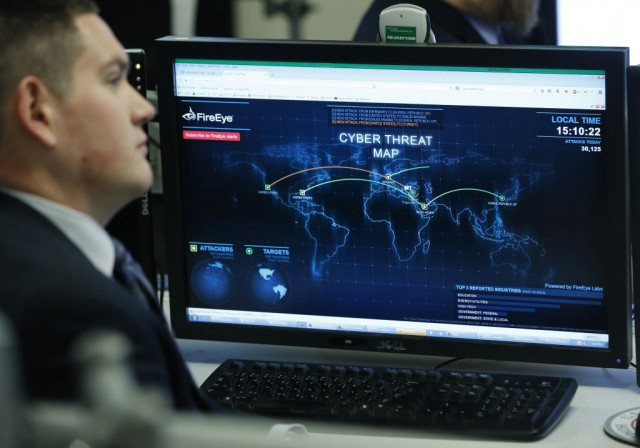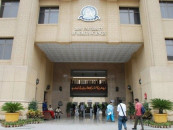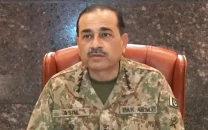Pakistan calls for tailored legal instrument to tackle cyberthreats
Albania and the United States convened a 15-member Council meeting

A legally-binding instrument that addresses the interests of all states would be the best option to deal with increasing cyber threats to international peace and security, Pakistan told a UN Security Council's "Arria-Formula" meeting.
"Cyberattacks are taking place with increased intensity across the entire spectrum of our social, economic, and political domains, with devastating impact on critical infrastructure and societies," said the Deputy Permanent Representative of Pakistan to the UN, Ambassador Aamir Khan. He made this statement on Thursday.
Against this backdrop, he highlighted that ensuring the peaceful use of ICTs (Information and Communication Technologies) and preventing cyber warfare was a critical challenge.
Albania and the United States convened a 15-member Council meeting on 'Responsibility and Responsiveness of States to Cyberattacks on Critical Infrastructure' under the format of the Arria formula, which is named after a former Venezuelan UN ambassador, Diego Arria.
The Arria formula is an informal consultation process that affords the Council the opportunity to hear people in a confidential, informal setting. In his remarks, Ambassador Aamir Khan stated that the Security Council is currently unable to address the problems posed by cyberattacks due to its paralysis.
"Therefore, it would be salient to suggest that only a legally binding instrument tailored exclusively to address the specific conditions and interests of all states would be the best way forward," he added.
The Pakistani envoy emphasized the need for capacity-building to enable member states to respond effectively to cyberspace challenges. "We call upon the international community, especially the developed world, to provide fair, equitable, and unconditional technical assistance, capacity-building support, and technology transfers to assist countries, especially those with limited resources, in strengthening their cybersecurity infrastructure."



















COMMENTS
Comments are moderated and generally will be posted if they are on-topic and not abusive.
For more information, please see our Comments FAQ